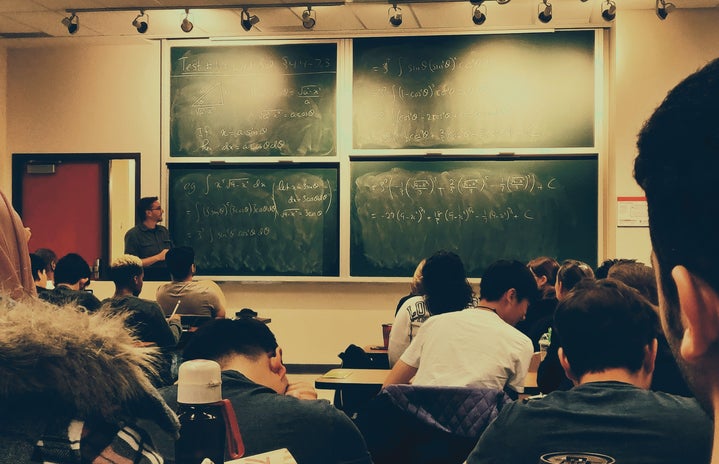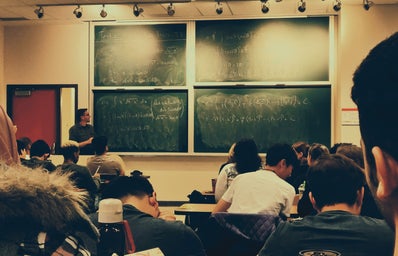We’ve all had a time where we provide a particular amount of information, or rather lack thereof, in order to fit our perspective. This phenomenon, whether it be conscious or not, is called confirmation bias. It’s a common and natural practice that engulfs all of our lives, and a huge part of it comes from our identities.
Many people may only correlate the term ‘identity’ with characteristics such as race, gender, or sexuality. According to the Merriam-Webster Dictionary, the word ‘identity’ is defined as: “the distinguishing character or personality of an individual.” This definition clearly describes how your identity is based on characteristics as well as personality, personal background, or experiences.
If confirmation bias is so inadvertently prevalent in the way we communicate, how can we expect this phenomenon to avoid infiltrating our educational spaces?
On one hand, we can view this from a humanistic and optimistic lens. By having one’s experiences and journeys aid in the construction of our narratives, the process of absorbing academic content in classes, such as psychology, may seem more natural and human for students. In Willow Regnery’s thesis on “The Impact of Teacher Identity on Curriculum Design,” Regnery discusses how a teacher’s identity can be built from “prior careers, motherhood, mentors, and the places they have inhabited.” When looking at these life experiences in relation to the identities of teachers, there is potential to provide an open space for discussing educational prompts that require specific personal narratives.
On the other hand, when it comes to classes such as political science or journalism, bias in any form shouldn’t be welcomed or encouraged. In this context, bias could lead to misinformation, a distorted understanding of the content, or polarization between the professor and the students, and between students themselves. It goes without saying that many courses do require neutrality in order to be taught in the correct manner, so we should remain objective and maintain integrity in teaching truthful content to combat the influence of identity.
The phenomenon of confirmation bias within academic settings is especially crucial in courses such as gender or race studies, but the benefit or harm may vary based on the context. For example, the difference between a white or Black professor teaching African-American studies could be subjective. Some believe that a white professor would be unfit, and a Black professor would teach a better course due to their personal experience with the content. Others may believe that both professors possess the same qualifications needed to teach this course. Another example is relevant in Psychology. One professor might have a background in dealing with mental health challenges leading to a more compassionate and understanding perspective on mental disorders, while another professor could lack this experience and teach this content in a more apathetic way.
The reality is, confirmation bias will remain live and well within our communication methods no matter what we do. As students, the only preventative option in avoiding these narratives is to acknowledge it when it’s apparent. Whether we internally call out significant biases being taught in our education or welcome them with open arms, we are one step closer to reaping the most beautiful benefit of mindfulness: integrity to ourselves and our futures as students.


